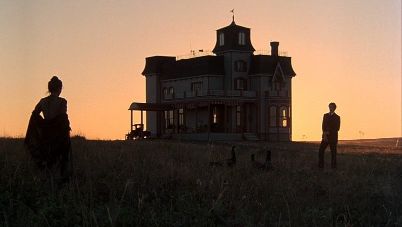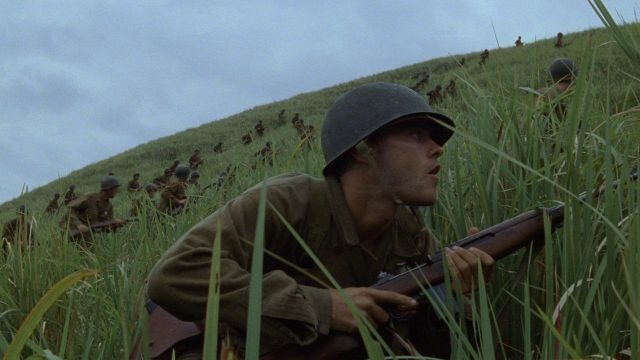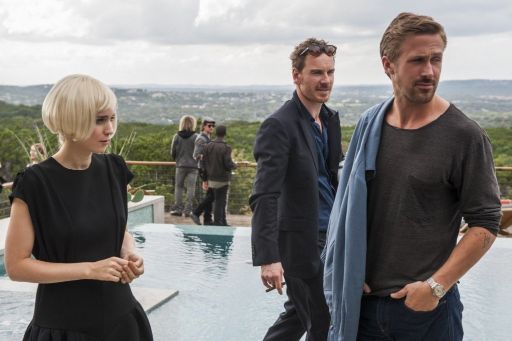Many audiences evaluate Terrence Malick as a director based on the films and the way he makes films. Most viewers think he is overrated, think his films are pretentious and uninteresting, and wonder why he receives the same attention as legends. However, a specific group of viewers, including myself, disagree with the aforementioned views and regard him as a living legend. I like both his films and his approach to making films.
Early films
The 1973 New York Film Festival had the global premiere of Terrence Malick’s first movie, Badlands, which got positive reviews from reviewers all over the world. Martin Scorsese’s “Mean Streets,” which had its world premiere at the same festival, was overshadowed by it because it was so good. ‘Badlands’ is widely regarded as one of the greatest first features in the annals of international cinema.
Malick’s second movie, “Days of Heaven,” released in 1978, showed everyone that he wasn’t a one-hit wonder. Malick later won the Cannes Film Festival’s finest Director prize, and the movie went on to win an Academy Award for finest cinematography. And as a result, Malick gained the reputation as a master director.
Hiatus and comeback
After “Days of Heaven,” Malick abruptly relocated to Paris and disappeared from the film industry spotlight. He wrote a lot of unproduced scripts over the 20-year absence. A number of A-list actors appeared and begged to work with Malick when it was revealed that he was filming another movie (“The Thin Red Line”) in 1995. The 1998 Berlin Film Festival saw the world debut of “The Thin Red Line,” which later won the Golden Berlin Bear. Additionally, it received seven Academy Award nominations. It is still regarded as one of the greatest war pictures ever made.
The New World, the second movie directed by Malick and released in 2005, was first poorly reviewed by reviewers but is now regarded as one of the best films of that era.
Consistency
Terrence Malick may have been the only director to have made only 4 films in his 32-year career (prior to “The Tree of Life”). But his consistency throughout the entire voyage was genuinely commendable. He consistently incorporated spectacular sights, existential issues, linear screenplays, and an artistic vibe, which he frequently portrayed in the form of nature, into each of his films. Even though he was at the top of his game at the time, he hadn’t yet created his masterpiece. Before long, he would have done so.
Second Coming
‘The Tree of Life’ had its world premiere at the Cannes Film Festival in 2011, and it won the highest honorary prize, the ‘Palme d’Or. Many critics still view this movie as Malick’s pinnacle effort and a masterpiece. In spite of the acclaim, the movie did not do well with the public, yet it nevertheless left a lasting impression on them.
With this movie, Malick defied all expectations of contemporary filmmaking and pursued his convictions. Malick’s vision took flight, and he successfully defended the genre he was entering. It ended up becoming a breakthrough for his brand of cinema.
Then came a series of films that have a similar genetic makeup to “The Tree of Life”: To the Wonder (2012), Knight of Cups (2015), Voyage of Time (2016), and Song to Song (2017). Although spectators did not overwhelmingly adore these pictures, it was very clear that they were experience-type films rather than evaluation-type ones. And the critics and audiences who did connect with these films have consistently praised them.
Closing Argument
There have been instances where Brad Pitt, George Clooney, Al Pacino, and Gary Oldman have offered Terrence Malick their services for nothing. In order to cooperate with him, Bruce Willis was willing to pay for first-class tickets for the casting staff. To work with him, Sean Penn reportedly said, “Give me a dollar and tell me where to show up.” Actors used to stay for additional months even after their scenes had been shot just to see Malick at work.
Regardless of the praise or criticism he has gotten, he consistently works to produce films that reflect his convictions. He continues to create films for that type of audience who read his visual poetry and find it as calming as a lullaby, unaffected by the disapproving comments of movie enthusiasts.
Malick will always be regarded as a filmmaker who questioned the established quo and stretched the limits of filmmaking. He is one of the few directors who has developed his own distinct cinematic language and isn’t hesitant to take chances. Cinephiles will undoubtedly discuss his work for a very long time after he is gone, just as they do with the works of Andre Tartosky and Ingmar Bergman.




